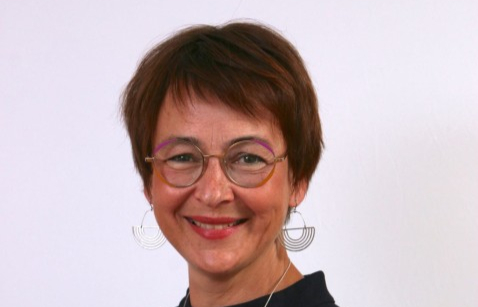Hi Ulrike, can you tell us a bit about yourself, your career, etc.?
Hello. I am originally from Germany and started my career in the humanities. I got a degree in German and English literature and language and worked in the US at the University of Michigan for 8 years. When I moved to the UK in 2006, I changed gears, got my Diploma in Translation from the CIOL and became a translator. With time, a lot of reading and attending workshops and courses, I became a medical translator.
Your session topic for the upcoming MedTranslate 2025 conference in Mulhouse has generated significant interest. What initially drew you to explore the intersection of bias in healthcare and our work as medical translators and interpreters?
In 2024 I attended a conference on mental health and a psychiatrist from Sheffield, Dr. Chris Douglas, gave a talk on unconscious bias in healthcare. That made me think of the double-burden of when doctor and patient don’t speak the same language or when translators do not fully grasp cultural context that might be embedded in a text. That tickled me and I wanted to know more 😊
In your session description, you mention that bias isn’t always wilful or conscious. Can you share an example of how unconscious bias might manifest specifically in medical translation or interpreting scenarios?
Bias is inherently human as we “learned” to distrust unfamiliar things to protect ourselves from potential danger but also to organise our complex world by simplifying it a little. So, nobody is beyond stereotyping and developing bias and doctors/translators/interpreters are not more or less biased than the general public. In interpreting scenarios, some studies have shown that too much of an emotional bond between interpreter and patient (possibly because the interpreter is not a professional but e.g. a family member) might result in omitting information – be it the patient not telling the doctor everything because of the third person in the room, or the interpreter “sparing” the patient by omitting potentially upsetting content. Hence, the urgent call everywhere to invest in professional interpreters to improve patient outcomes. (That said, any interpreter is better than none, also a studied fact.)
(…)
Read the full interview on the eLoc Smart Solutions blog >>>
Check out Urike’s session abstract here >>
Last days to register for MedTranslate2025, grab your seat now!
Discover more from MedTranslate Conference 2025
Subscribe to get the latest posts sent to your email.


No responses yet